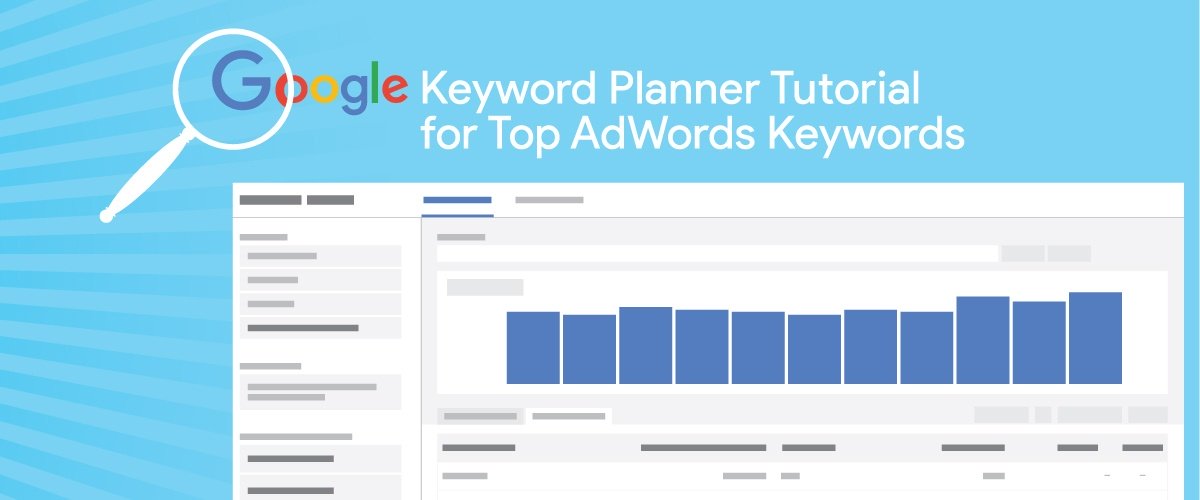If you want your site to unlock all the benefits of Google and other search engines, you need the right keywords. Keywords are words and phrases peppered throughout your online content that attract the attention of search engine bots and tell them what your website is all about. Keywords are also devised to match common search terms inputted by internet users and consumers to find what they’re looking for. Creating content for your site without a keyword strategy is like expecting a traveler to find you without a map, directions, or signs. Ensure your site not only employs keywords but also uses keywords that work. If you’re not certain which keywords are doing their job on your site, here are a few tips from Logical Position, based on our many years of experience and experimentation as a digital marketing agency. Are you targeting the wrong keywords? Here’s how you know and how you can craft the perfect words to bring traffic your way!
Keep Tabs on the Competition
Keeping tabs on your business rivals is a standard best practice, but it gets more granular when it comes to keywords. Review your competitors’ websites and note any words or phrases recurring in their content. If words referring to products you both carry turn up at the top of the page in branded and non-branded searches on Google and other engines, it’s likely they’ve chosen their keywords wisely.
Now, it’s simply a fact of life certain larger companies turn up at the top of the page for most searches. Many small to medium companies with brand-new sites dream of competing with Target, Amazon, and others with massive web presences. Clearly, that’s not a realistic goal. However, it’s possible for a smaller company to establish a presence through keyword strategy, making it more likely they’ll show up in Google and other ads along the side of search engine results pages (SERPs). Logical Position concentrates on this process with our clients if they face large corporations with massive sites and have no chance of competing with them. We employ tools and data to find alternative keywords fitting our clients’ websites and provide a better chance at ranking due to lower competition.
Be Sure Keywords Relate to Content, but Don’t Overdo It
This one seems especially obvious, but it’s important. Keywords aren’t like birdseed; throwing out handful after handful of random words doesn’t mean more “birds” will show up. In fact, it can cause Google and other engines to suspect and skip over your site. This is called keyword stuffing. It involves packing a site with random lists of keywords–versus coherent text–in an attempt to influence Google ranking. Don’t just list and repeat words in the body of the text; search engines are programmed to recognize such trickery. Ensure you use relevant keywords that flow naturally in the copy and directly relate to your products and services. Verifying that your keywords summarize the page’s content is huge.
Watch for Keywords with No Traffic Potential or Wrong Intent
On the Internet, you’re not just battling with fellow merchants, you’re competing for attention with, well, everybody. Often some keywords seem perfectly suited for you and your business, but search engines beg to differ. Test your keywords by periodically typing them into Google and see what turns up in the SERPs. Sometimes a key phrase only brings up informational blogs, white papers, and entertainment sites with no connection to your company. This could be a signal to rapidly retool your keywords. Logical Position tests for keyword traffic potential with tools like Semrush and Keyword Planner before inserting them into our clients’ sites. And we regularly check keyword strategies to ensure we’re still on target.
Finding the Right Keywords with LP
Let’s ask the question again with a perfect example of an inserted keyword/phrase: are you targeting the wrong keywords? Here’s how you know. Keywords are the signs and signals that point search engines your way. Take the time to ensure they’re competitive, relevant to your site, have the right intent, and have tremendous traffic potential. Don’t discount the need for research at a higher level than just skimming other sites. Watch what your competition is doing and, more importantly, what they’re saying. You may not be able to steal the top spots from Amazon and other, bigger companies, but you can still make a better showing in the ads near the top and along the sides and create more traffic to your site.
If you’re having trouble with choosing the right keywords, contact Logical Position for a consultation on what we can do for you. We’re a digital marketing agency that offers a slew of professional marketing services. We’re passionate about keywords at Logical Position. We spend a good amount of time on training, education, and research with our keyword strategy. We understand their value and how they can make or break our clients’ campaigns, subjecting them to a special quality control process to check whether they’re working and drawing valuable traffic. Want to learn more? Contact us about our full service digital marketing efforts.





